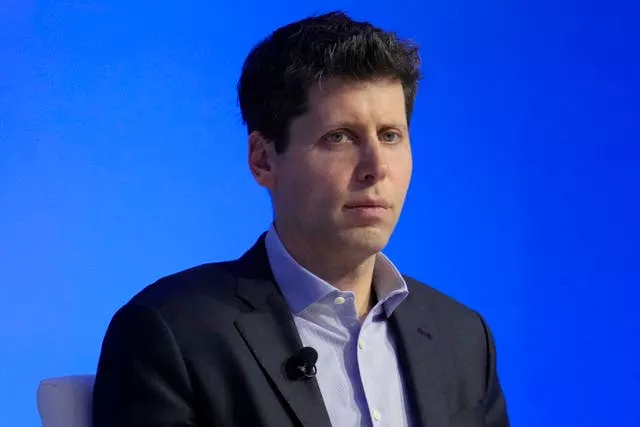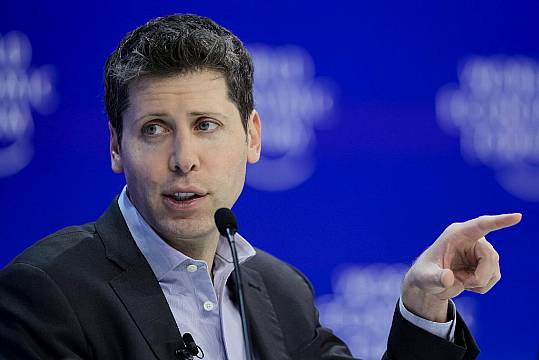OpenAI is reinstating chief executive Sam Altman to its board of directors and has “full confidence” in his leadership after the conclusion of an outside investigation into the company’s turmoil.
OpenAI said on Friday that after an investigation into why the company abruptly fired Mr Altman in November, only to rehire him days later, it found the cause to be a “consequence of a breakdown in the relationship and loss of trust” between him and the prior board.
It did not release the full report.
“I’m pleased this whole thing is over,” Mr Altman told reporters on Friday, adding that he has been disheartened to see “people with an agenda” leaking information to try to harm the company or its mission and “pit us against each other”.
At the same time, he said he learned from the experience and apologised for a dispute with a former board member he could have handled “with more grace and care”.

For more than three months, OpenAI said little about what led its then-board of directors to fire Mr Altman on November 17.
An announcement that day said Mr Altman was “not consistently candid in his communications” in a way that hindered the board’s ability to exercise its responsibilities.
He also was kicked off the board, along with its chairman, Greg Brockman, who responded by quitting his job as the company’s president.
The investigation found the prior board acted within its discretion. But it also determined that Mr Altman’s “conduct did not mandate removal”, OpenAI said.
It said both Mr Altman and Mr Brockman remained the right leaders for the company.
“The review concluded there was a significant breakdown in trust between the prior board and Sam and Greg,” Bret Taylor, the board’s chair, told reporters.
“And similarly concluded that the board acted in good faith, that the board believed at the time that its actions would mitigate some of the challenges that it perceived and didn’t anticipate some of the instability.”
Days after his surprise sacking, Mr Altman and his supporters — with backing from most of OpenAI’s workforce and close business partner Microsoft — helped orchestrate a comeback that brought Mr Altman and Mr Brockman back to their executive roles and forced out board members Tasha McCauley, Helen Toner, and another co-founder, Ilya Sutskever.
The latter kept his job as chief scientist and expressed regret for his role in ousting Mr Altman.
“I think Ilya loves OpenAI,” Mr Altman said.
He added that he hoped they would keep working together but declined to answer a question about Mr Sutskever’s current position at the company.
When they re-joined the company in November, Mr Altman and Mr Brockman did not regain their board seats.
Instead, an “initial” new board of three men was formed, led by Mr Taylor, a former Salesforce and Facebook executive who also chaired Twitter’s board before Elon Musk took over the platform.
The others are former US treasury secretary Larry Summers and Quora chief Adam D’Angelo, the only member of the previous board to stay on.
After it hired law firm WilmerHale to investigate Mr Altman’s ousting in December, OpenAI said the firm had conducted dozens of interviews with the company’s prior board, current executives, advisers and other witnesses.
The company also said the law firm reviewed thousands of documents and other corporate actions.
The board said it will also be making “improvements” to the company’s governance structure.
It said it would adopt new corporate governance guidelines, strengthen the company’s policies around conflicts of interest, create a whistleblower hotline allowing employees and contractors to submit anonymous reports and establish additional board committees.







